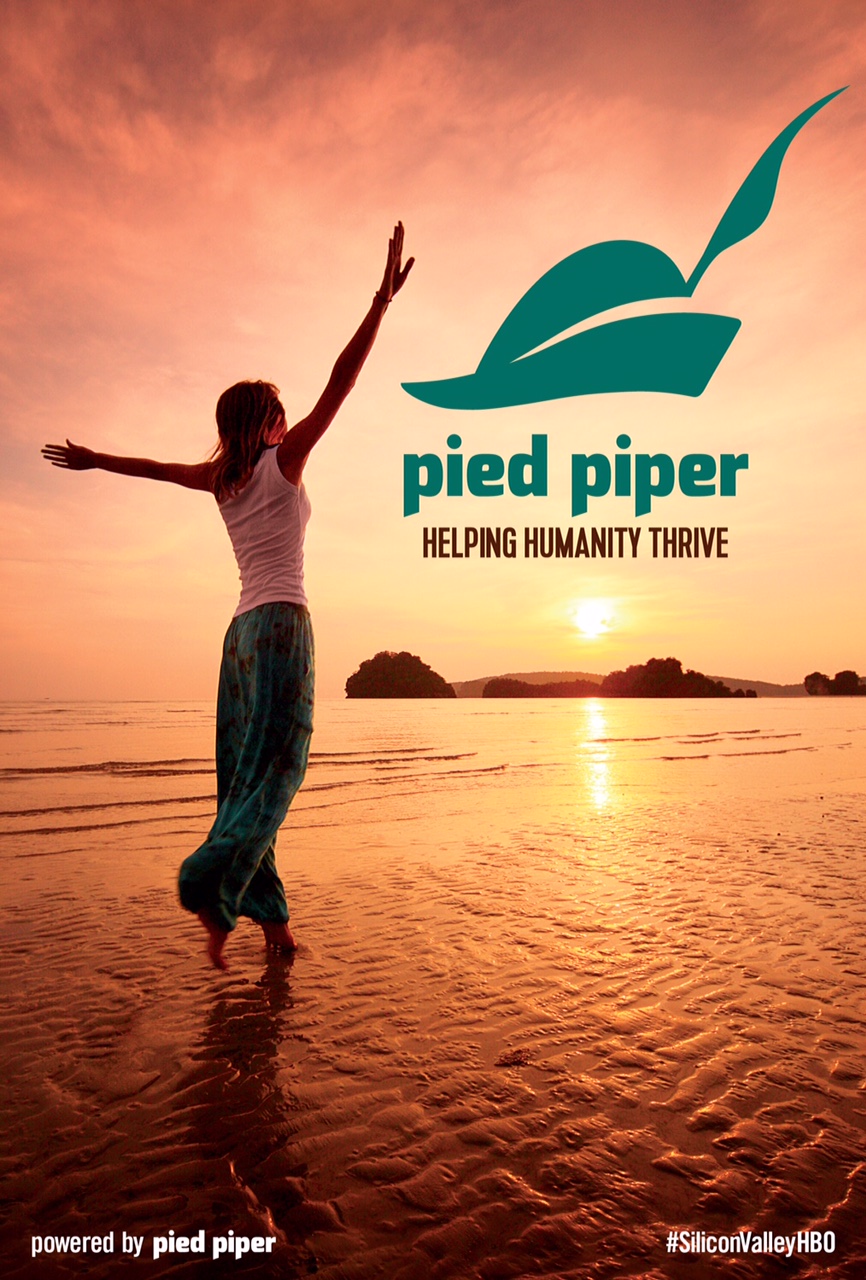The Game of Thrones season 6 premiere was a fantastic success, setting a new record with 10.7 million viewers tuning in Sunday night, when counting the encore and streaming broadcasts. But reaching that kind of success with episodes that air once a week has been a monumental project in building a brand—one that almost rivals the pursuit for the Iron Throne itself—especially at a time when binge watching through streaming services is more common than ever. However, HBO’s approach toward creating an effective social media campaign has paid off immensely, and the numbers speak for themselves.
Social media data reported by Spredfast (via Adweek) shows 829,000 Twitter mentions using the terms “HBO,” “Game of Thrones” (or #GOT), “HBO Go” and “HBO Now” from Friday through Sunday. The #GOT hashtag was used 602,000 times, although some of the HBO comments (which earned 248,000 mentions) may have been negative, since the streaming app malfunctioned during the broadcast, as it has been known to do during season premieres.
Talkwalker dove even deeper into the numbers, and reported that the show generated over 1.5 million social posts over the week leading up to the premiere, with nearly 200,000 interactions happening during the one-hour program. What were people mainly talking about? Jon Snow, of course. Mentions of him rose 205 percent, while other popular characters followed. Daenerys Targaryen rose 180.2 percent, and Melisandre became the new trending topic at the episode’s conclusion.
Interactions weren’t limited to the episode, according to Talkwalker. The music streaming service Spotify managed to generate a ton of conversation with its Game of Thrones integration, dubbed #SpotifyGameOfThrones, which determined which character each user was most similar to based on their playlists. This is in addition to a different promotion from last week, where HBO invited artists to recreate pivotal scenes from the show to promote its sixth season.
https://www.youtube.com/watch?v=mbJlCEv_oFg
In addition to being an excellent show, the Game of Throne‘s social media success owes a lot to HBO’s multichannel strategy. The show can be viewed online, through the HBO Go or HBO Now apps, or through plain old cable television. Creating awareness for the show meant creating a lot of buzz. Part of the reason so many people knew the phrase, “Winter is coming,” before the show even premiered is because it was commonly seen on show posters and advertisements.
Other promotional efforts included how HBO hired celebrity chef, Tom Colicchio, to create a Game of Thrones-themed menu that was served from branded food trucks in New York and Los Angeles. Customers were encouraged to share their meals via social media, and the campaign gained 120 million impressions. These and other campaigns helped form the foundation for a loyal fan base that HBO has worked to stay engaged with, even during the gaps between seasons. HBO even invited fans to participate in a social media comedy roast of the show’s most hated character, Joffrey, by posting “roasts” on Twitter.
From Westeros To Silicon Valley
With Game of Thrones now in its sixth season, some attention should be given to how HBO is promoting younger shows like Silicon Valley, which is radically different in both tone and content. The comedy, which premiered its third season on Sunday, is about a group of people who found a startup in Silicon Valley and discover that “the people most qualified to succeed are the least capable of handling success.”
HBO took a decidedly different approach toward engaging an audience for the tech-themed show, which has included a Q&A livestream between the show’s stars and the community via Twitch to promote its second season. The stream also had them playing video games, in addition to debuting clips from the upcoming season, and showing the pilot episode.
Sabrina Caluori, HBO vice president of digital and social media, commented in a press release that, “There is an authentic connection between Silicon Valley and the Twitch audience, and this unique event is a great way to build upon that. Twitch offers a unique opportunity to provide exclusive content and a highly social experience to this influential community.”
HBO decided to take things a few steps further last year with the launch of the official Pied Piper website, which offers fake products and services from the fictional company featured in the show. The campaign has since been supported with fake company posters, job opening ads, and other faux content for fans to engage with.
Google is even allowing fake news reports, based on the events from the show (like an unexpected CEO change at Pied Piper), to show up when the terms “Silicon Valley” or “HBO Silicon Valley” are input into the search bar. However, it should be noted that this isn’t being done as a promotional partnership. Instead, Silicon Valley‘s content is being published through a new tool called Posts, which debuted in January and is a platform that Google is still experimenting with. So, leave it to a show about a tech firm to take advantage of the latest online developments and features.
When all taken together, HBO’s strategy to engage with audiences in bold ways remains a solid one, and helps the channel maintain success at a time when cord cutting and binge watching is on the rise.


